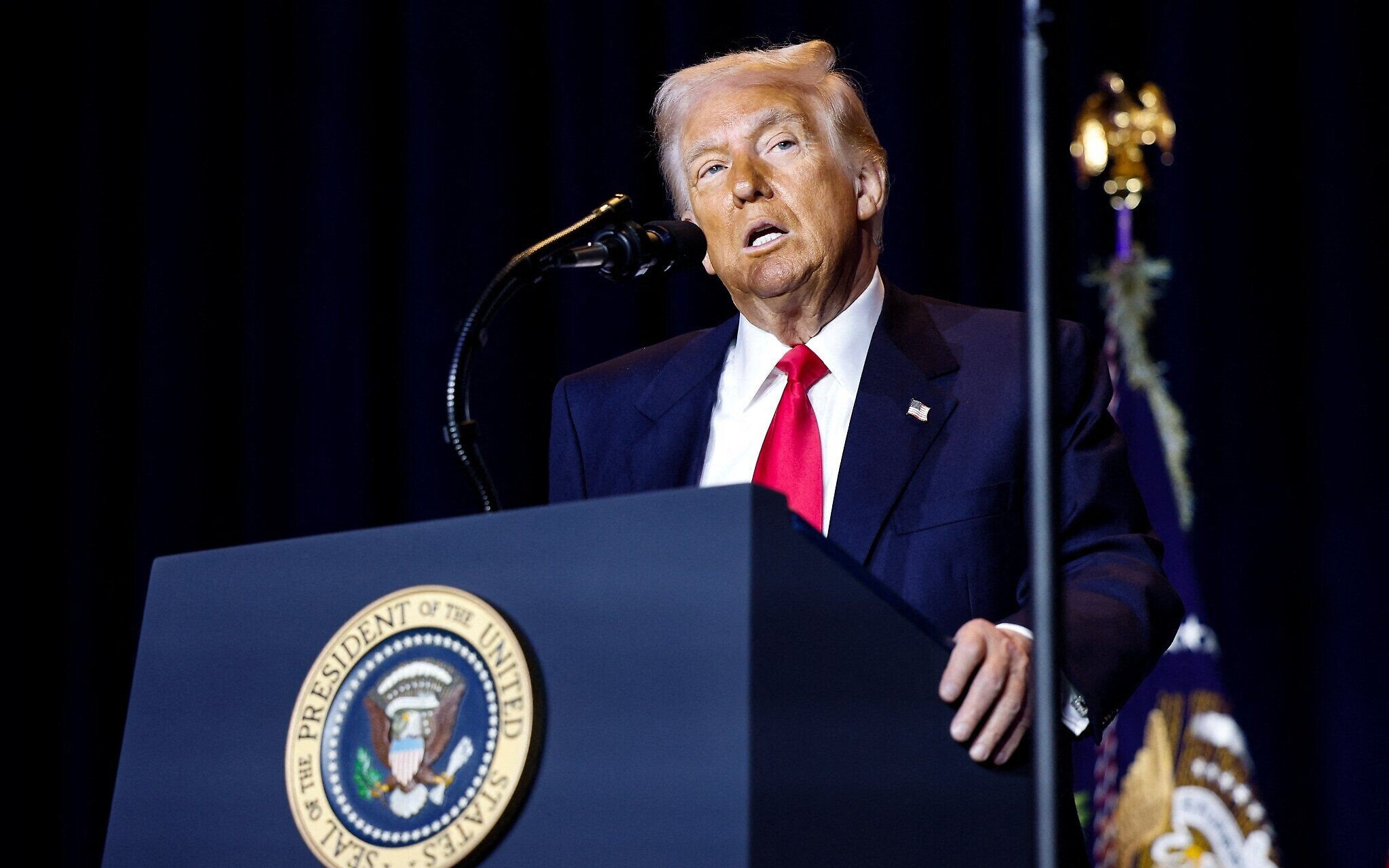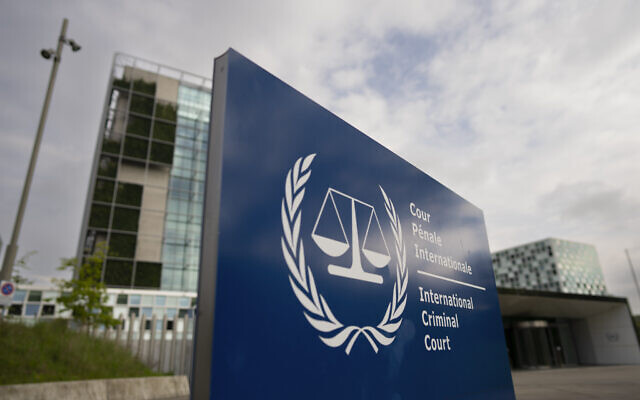



US President Donald Trump on Thursday authorized economic and travel sanctions targeting people who work on International Criminal Court investigations of US citizens or US allies such as Israel, repeating action he took during his first term.
The move coincides with a visit to Washington by Prime Minister Benjamin Netanyahu, who along with his former defense minister is wanted by the ICC over the Gaza war started by the Hamas-led terror onslaught on October 7, 2023. The court also issued arrest warrants for three Hamas leaders, all of whom have since been killed, but has so far only rescinded the warrants for two of them.
Trump’s order said the court in The Hague had “abused its power” by issuing the arrest warrant for Netanyahu, who was hosted at the White House on Tuesday. The order also said the tribunal had engaged in “illegitimate and baseless actions targeting America,” referring to ICC probes into alleged war crimes by US service members in Afghanistan, “and our close ally Israel.”
It was unclear how quickly the US would announce names of people sanctioned. During the first Trump administration in 2020, Washington imposed sanctions on then-prosecutor Fatou Bensouda and one of her top aides over the ICC’s investigation into American troops in Afghanistan. President Joe Biden lifted the sanctions soon after taking office in 2021.
The ICC did not immediately respond to a request for comment on Thursday’s executive order. The sanctions include freezing any US assets of those designated and barring them and their families from visiting the United States.
The 125-member ICC is a permanent court that can prosecute individuals for war crimes, crimes against humanity, genocide and the crime of aggression against the territory of member states or by their nationals. Neither Israel nor the United States are members of the court.
Trump signed the executive order after US Senate Democrats last week blocked a Republican-led effort to pass legislation setting up a sanctions regime targeting the court.
The court has taken measures to shield staff from possible US sanctions, paying salaries three months in advance, as it braced for financial restrictions that could cripple the war crimes tribunal, sources told Reuters last month.
In December, the court’s president, judge Tomoko Akane, warned that sanctions would “rapidly undermine the court’s operations in all situations and cases, and jeopardize its very existence.”

